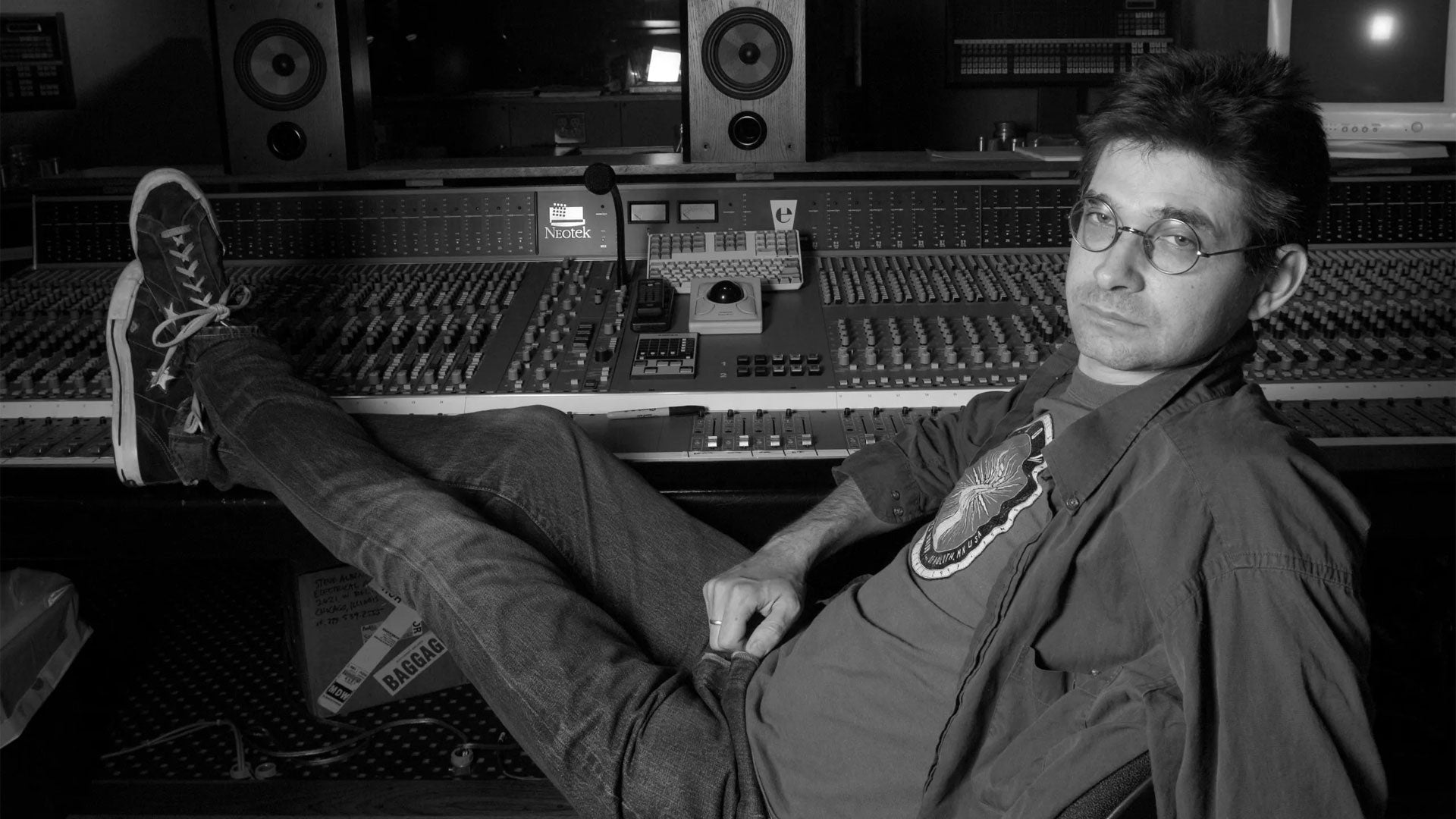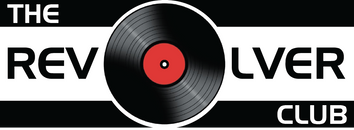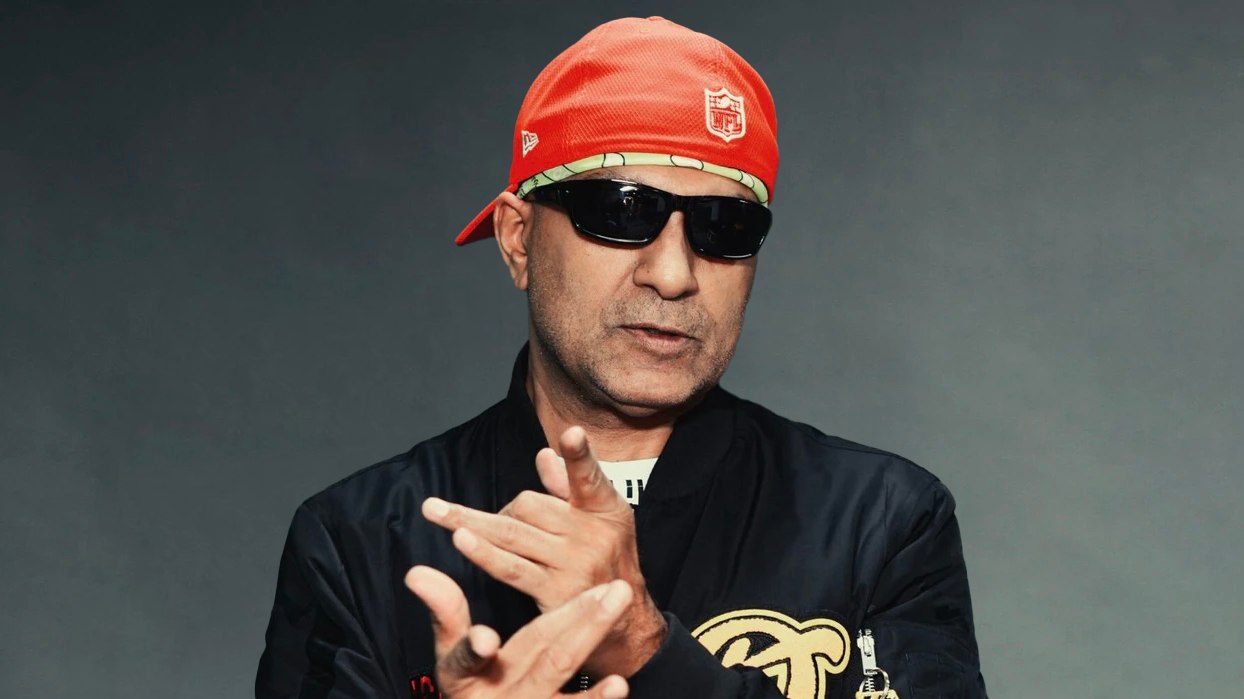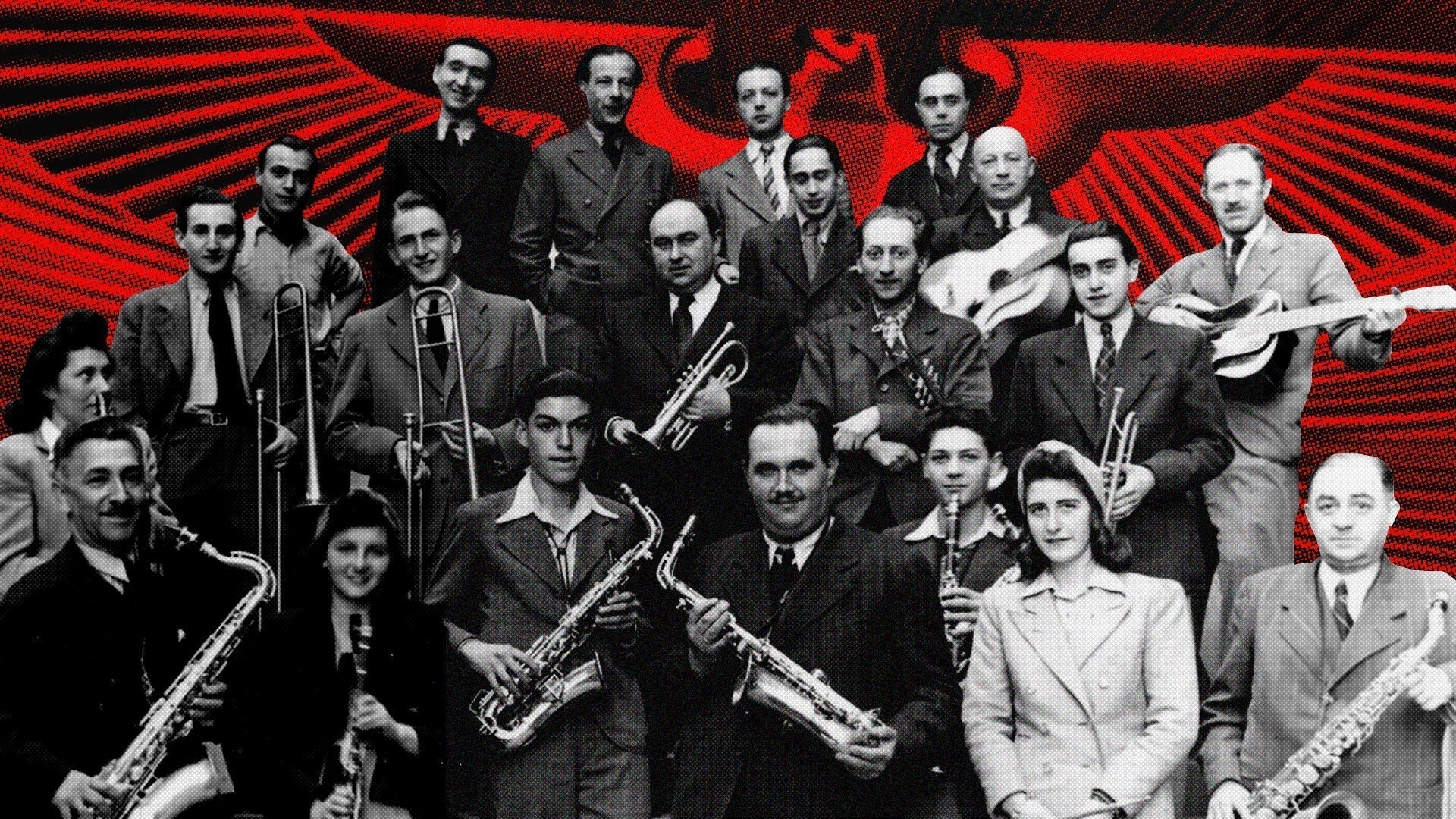Rock Underground Icon, Steve Albini Dies at 61

Steve Albini often shared a story from his high school days. At 17, while recovering from a motorcycle accident, he learned the bass guitar.
But this story wasn’t about his musical pursuits; rather, it was the series of phone calls he received from classmates expressing their joy from watching him suffer.
It is a typical Steve Albini story.
Throughout his career, he consistently portrayed himself as confrontational, provocative, and polarizing.
Albini's actions, from his controversial columns in Chicago fanzines to the provocative subject matter of Big Black's songs and their unconventional record packaging, all seemed designed to elicit strong reactions; like including razor blades in their debut EP "Lungs" and using a photo of a shotgun suicide victim on the cover of "Headache" in 1987.
He also openly criticized artists who had used his services as a record producer, usually for not meeting his standards of rejecting commercialism and mainstream music.
He publicly dismissed the Pixies' 1988 album Surfer Rosa, which he had produced, as "a patchwork pinch-loaf from a band who at their top dollar best are blandly entertaining college rock."
Similarly, he described Nirvana, who worked with him on their 1993 album In Utero, as "unremarkable."
When Paul Smith from the British label Blast First traveled to Chicago to sign Big Black, he was surprised by the experience of walking with Albini through the city.
According to Smith, during every block, someone would hurl insults at Albini, often labeling him as an "asshole."
Albini later acknowledged that some of his past actions, which included instances of homophobia, racism, and misogyny, were indefensible. In 2023, he wrote, "a lot of things I said and did from an ignorant position of comfort and privilege are clearly awful and I regret them."
However, despite these shortcomings, the music he produced was often remarkable.
Although Big Black had a slow start, with their early EPs showing the band gradually finding their sound, they hit their peak with their 1986 album Atomizer.
Albini's next band, Rapeman, faced backlash as their performances were protested and disrupted. Albini later regretted the band's name, calling it "unconscionable," while bass player David Sims labeled it his "biggest musical regret." Despite some intense moments in their album "Two Nuns and a Pack Mule," it couldn't match the consistent excitement of Big Black. The band disbanded after just two years.
Shellac continued to thrive throughout Albini's life, earning consistent critical acclaim. This was likely because of their unconventional album release schedule and sporadic live performances, which consistently met high standards. Their debut album "At Action Park" revealed a band that was more nuanced, angular, and mature compared to their previous work. Despite its intense power, the album retained an abrasive edge, with Albini's lyrics remaining as intense as ever.
He preferred analog equipment, disliked heavy equalization and compression, minimized vocals in the mix to avoid commercialism, and prioritized the sound of guitars and rhythm.
However, his approach didn't win everyone over.
Nirvana chose to have REM’s producer Scott Litt remix some tracks from In Utero instead of sticking with Albini, which disappointed him. Fugazi also decided to re-record an entire album, In on the Kill Taker, that Albini had originally produced.
Steve Albini's Letter to Nirvana:

Elvis Costello even criticized Albini's work with PJ Harvey, saying he made her sound bad and lacked production skills. However, despite these criticisms, Albini became popular among big artists who wanted to show off their edgy side or rebel against their major labels.
He collaborated with Jimmy Page and Robert Plant on their album "Walking into Clarksdale" in 1998 and also worked with the band Bush.
Albini operated with a flat fee system, charging more for major label artists and offering discounted rates for smaller bands. Albini preferred anonymity and didn't accept royalty points. He was known to readily accept any suggestions from the artists he collaborated with, often stating "sure – I’m your whore."
Over his career, Albini collaborated with a range of acclaimed alternative rock artists like Low, Mogwai, Plush, Will Oldham, Nina Nastasia, the Manic Street Preachers, and Joanna Newsom. He also had the chance to work with two of his early influences: the reformed Stooges and Cheap Trick, whom Big Black had covered.
Albini was often sought for his strong beliefs in music industry independence. He never wavered, even as the industry evolved, staying true to his uncompromising musical style.






Comments